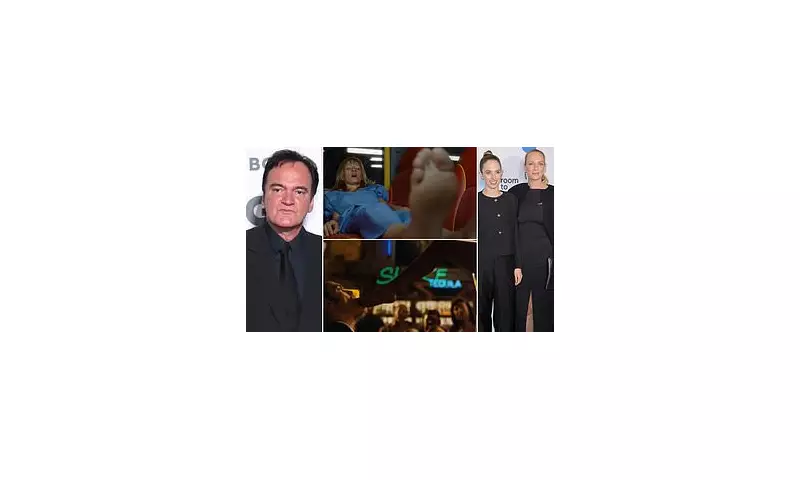
In a startling revelation that's sending shockwaves through Hollywood, Maya Hawke - daughter of acting royalty Uma Thurman and Ethan Hawke - has opened up about working with legendary director Quentin Tarantino and his notorious preoccupation with feet.
The Tarantino Collaboration
The 25-year-old Stranger Things actress, who starred in Tarantino's 2019 masterpiece Once Upon a Time in Hollywood, spoke candidly about the director's infamous foot fetish during a recent interview. Hawke portrayed Flower Child in the star-studded film alongside Leonardo DiCaprio and Brad Pitt.
'He's not hiding his ball,' Hawke stated matter-of-factly, acknowledging what has become Hollywood's worst-kept secret. The young actress demonstrated remarkable professionalism and understanding when discussing the director's distinctive cinematic preferences.
A Director's Distinctive Vision
Rather than expressing discomfort, Hawke framed Tarantino's focus on feet as part of his unique artistic vision. 'It's a perfect example of the way in which he is so committed to his fetish that it becomes an art form,' she explained, showing remarkable insight for someone relatively new to the industry.
The actress revealed that her own experience with Tarantino's direction was surprisingly straightforward. 'He didn't push it on me in any way,' she clarified, describing how the director respected her boundaries while maintaining his distinctive style.
Family Connections and Professional Boundaries
The collaboration carries particular significance given Hawke's family history with the director. Her mother, Uma Thurman, delivered iconic performances in Tarantino's Pulp Fiction and Kill Bill films, creating memorable moments that often featured prominent foot scenes.
Hawke's revelations provide fascinating insight into how a new generation of actors navigates Hollywood's complex dynamics while maintaining professional relationships that span generations. Her mature perspective on what many might consider a sensitive subject demonstrates a sophisticated understanding of artistic expression.
As Hollywood continues to evolve its approach to on-set behaviour and directorial boundaries, Hawke's experience offers a nuanced case study in balancing artistic vision with personal comfort in the modern film industry.





